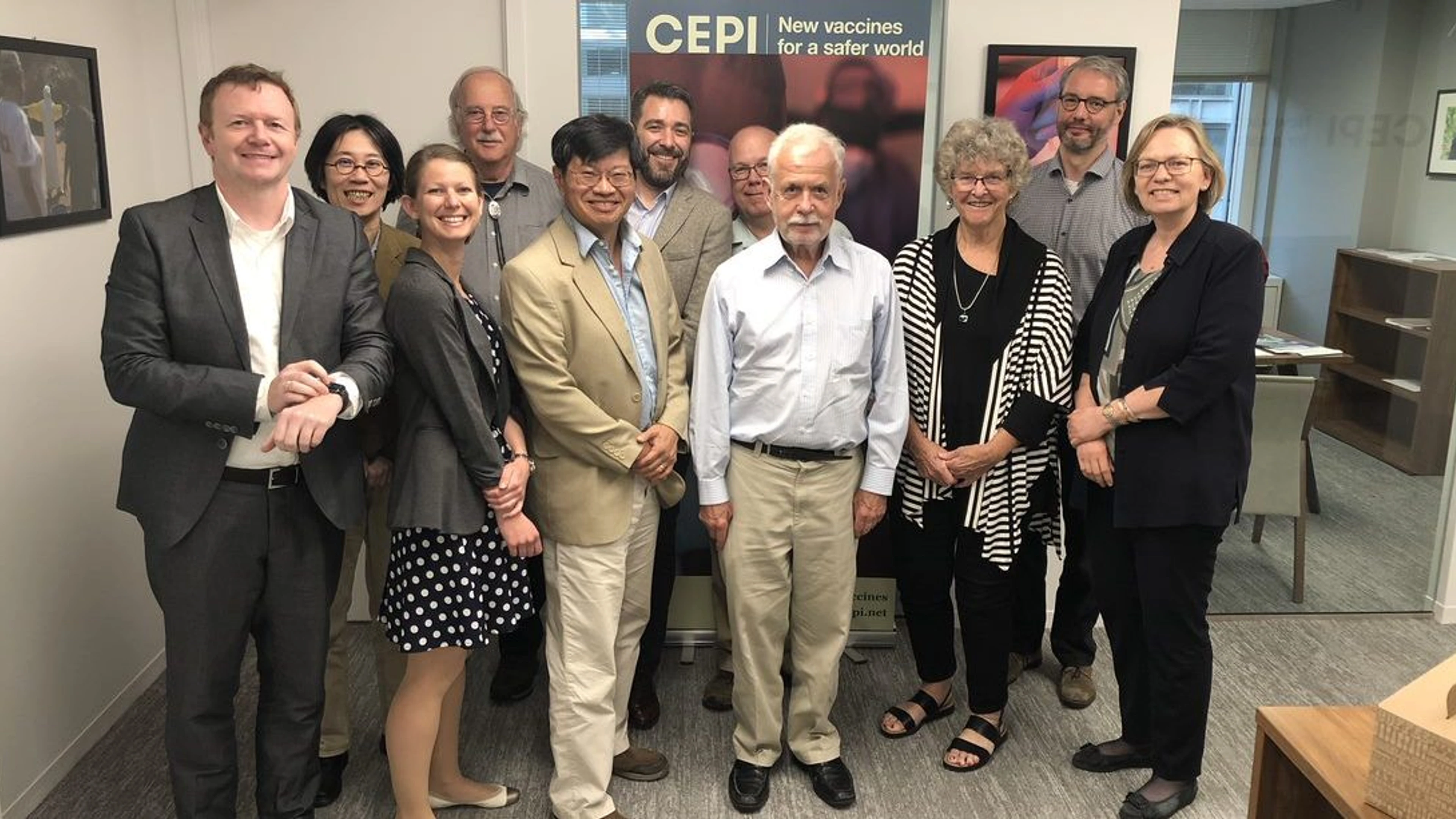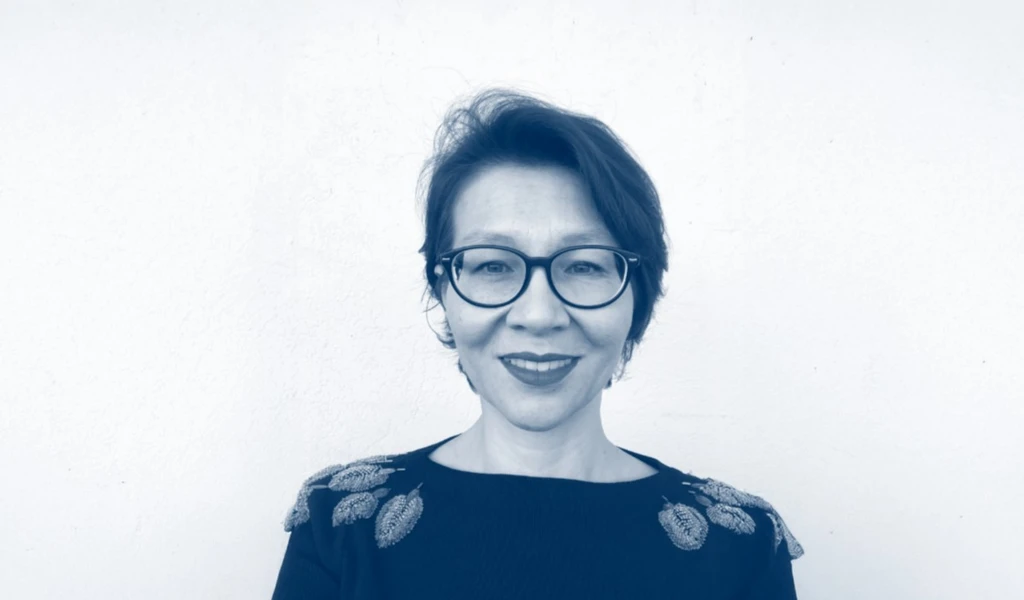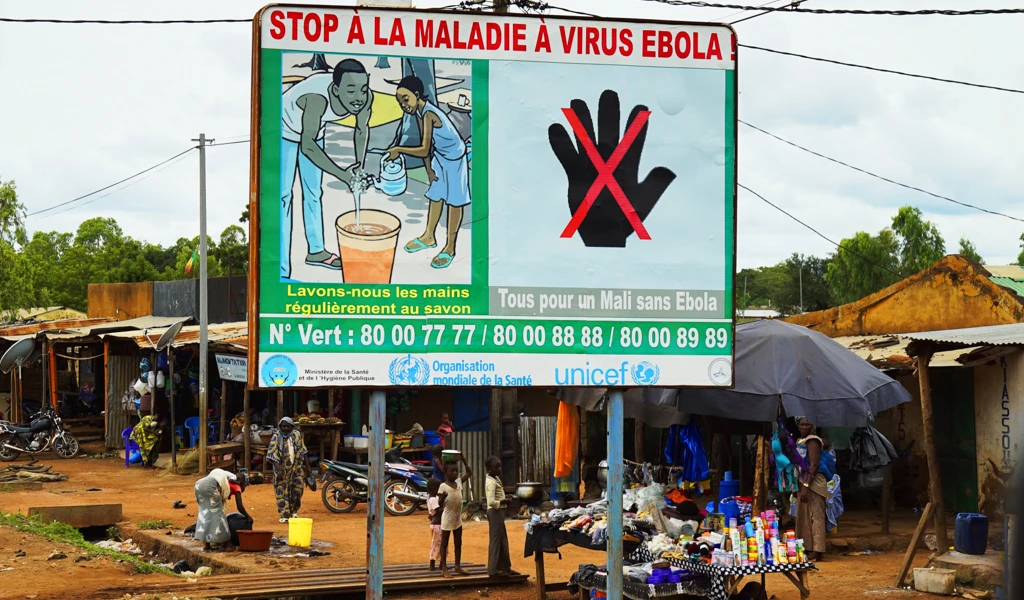CEPI partners with Brighton Collaboration to support safety assessment of vaccine candidates

The Coalition for Epidemic Preparedness Innovations (CEPI) and the Brighton Collaboration, the largest global organisation of scientific experts on vaccine safety, based in Atlanta at The Task Force for Global Health, today announced the launch of the Safety Platform for Emergency vACcines (SPEAC) Project worth US$ 2.16 million over two years with further work and funding to be agreed in the future.
Ensuring careful safety evaluation is paramount in vaccine development. The SPEAC project will harness the expertise of the Brighton Collaboration to help assess the safety of various CEPI-funded vaccine candidates undergoing clinical trials with an initial focus on Lassa Fever and MERS vaccine candidates.
The CEPI-funded portfolio includes multiple vaccine constructs, which are being used to develop vaccines against multiple pathogens. As part of the SPEAC project, the Brighton Collaboration will examine the safety profiles of vaccines across constructs and target disease candidates in the portfolio. The Brighton Collaboration will provide safety expertise to independent data safety monitoring boards that oversee each clinical trial. Through this project, the quality of safety data will be optimised by creating an online vaccine safety resource, which will include technical guidance, tools, a platform for information exchange, and training modules. Active interactions with and feedback from vaccine developers will ensure the continuous improvement of SPEAC in its efforts to support the safety evaluation of vaccines against emerging infectious diseases.
Robert Chen, Scientific Director of the Brighton Collaboration, and project lead said: "For nearly 20 years, the Brighton Collaboration has established itself as an independent, trusted source of scientific information on the safety of vaccines. We look forward to contributing our skills throughout each stage in the lifecycle of CEPI's search for safe and effective vaccines against deadly pathogens."
Melanie Saville, Director of Vaccine Development, CEPI, said: "We are delighted to enter into this strategic partnership with the Brighton Collaboration. Access to the collective experience and scientific insights of their global network of vaccine experts will ensure high-quality safety monitoring for CEPI's growing portfolio of vaccines."
Dave Ross, President and Chief Executive Officer, The Task Force for Global Health said: "The Task Force is deeply committed to ensuring all people have access to vaccines. SPEAC will extend this vital work by ensuring the safety and effectiveness of vaccine candidates that are desperately needed for emerging infectious diseases."
About CEPI
CEPI is an innovative partnership between public, private, philanthropic, and civil organisations launched in Davos in 2017 to develop vaccines to stop future epidemics. CEPI has received multi-year funding from Norway, Germany, Japan, Canada, Australia, and the Bill & Melinda Gates Foundation, and Wellcome. CEPI has also received single-year investments from the Government of Belgium and the United Kingdom. The European Commission foresees substantial financial contributions to support relevant projects through EC mechanisms. CEPI has reached over US$ 750 million of its $1 billion funding target. Since its launch in January 2017, CEPI has announced three calls for proposals. The first call was for candidate vaccines against Lassa virus, Middle East Respiratory Syndrome coronavirus (MERS-CoV), and Nipah virus. The second call was for the development of platforms that can be used for rapid vaccine development against unknown pathogens. The third call is for candidate vaccines against Chikungunya and Rift Valley fever viruses. To date, CEPI has committed to investing over $350 million in 12 vaccine candidates (five against Lassa virus, four against MERS-CoV, three against Nipah virus) and three vaccine platforms to develop vaccines against Disease X.
Learn more at CEPI.net. Follow us at @CEPIvaccines.
About Brighton Collaboration
The Brighton Collaboration is an organization of volunteers formed in 2000 with the vision of building trust in the safety of vaccines through rigorous science. It facilitates the development, evaluation and dissemination of high-quality information about the safety of human vaccines. The Brighton Collaboration has historically focused on five Scientific Priority Areas: 1) setting standards (especially standardized case definitions for rare adverse events following immunizations (AEFI), 2) clinical assessment, 3) data sharing, 4) public confidence and 5) capacity building. Brighton Collaboration standards are widely recognized by key institutions including the WHO, the Council of International Organizations of Medical Sciences (CIOMS), the FDA, the European Medicines Agency (EMA), the CDC, the European Centers of Disease Control and Prevention (ECDC) and several other national authorities and agencies. To increase efficiency and better synergize with other global health projects, the Brighton Collaboration Management Team is relocating to The Task Force for Global Health (TFGH), Decatur, GA, USA from its prior home at the University of Basel Children's Hospital in Switzerland.
About The Task Force for Global Health
The Atlanta-based Task Force for Global Health prevents, protects, and eliminates diseases affecting vulnerable populations in more than 150 countries. Its 15 programs focus on developing and implementing strategies to increase access to vaccines and to expand the capacity of countries to deliver the vaccines, eliminating blinding and disfiguring diseases and building public health infrastructure to ensure countries can protect their populations against diseases and other health threats. The Task Force's partners include ministries of health, World Health Organization, U.S. government agencies, and major corporations and foundations. As the hub for eight major global health coalitions, The Task Force uses a powerful collaborative model to leverage resources and expertise to address large-scale health problems. With support from Pfizer and Merck, The Task Force manages some of the world's largest drug donation programs for the elimination of neglected tropical diseases. The Task Force is an Emory University affiliate and has field offices in Addis Ababa, Ethiopia, and Islamabad, Pakistan. In 2016, The Task Force received the prestigious Conrad N. Hilton Humanitarian Prize, the world's largest award of its kind at $2 million.
About Data Safety Monitoring Boards (DSMB)
DSMB assure the safety of study subjects is protected while the scientific goals of the study are being met. Specifically, the DSMB is charged with monitoring the safety of participants and the quality of the data, as well as the appropriate termination of studies either when significant benefits or risks have been uncovered or when it appears that the clinical trial cannot be concluded successfully.
Media contacts
Rachel Grant, Director of Communications and Advocacy, CEPI +44(0)7891249190 | [email protected]
Mario Christodoulou, Communications and Advocacy Manager, CEPI +44(0)7979300222 | [email protected]
Mark McKinlay, Director of the Center for Vaccine Equity, TFGH +1-404-687-5617 | [email protected]


